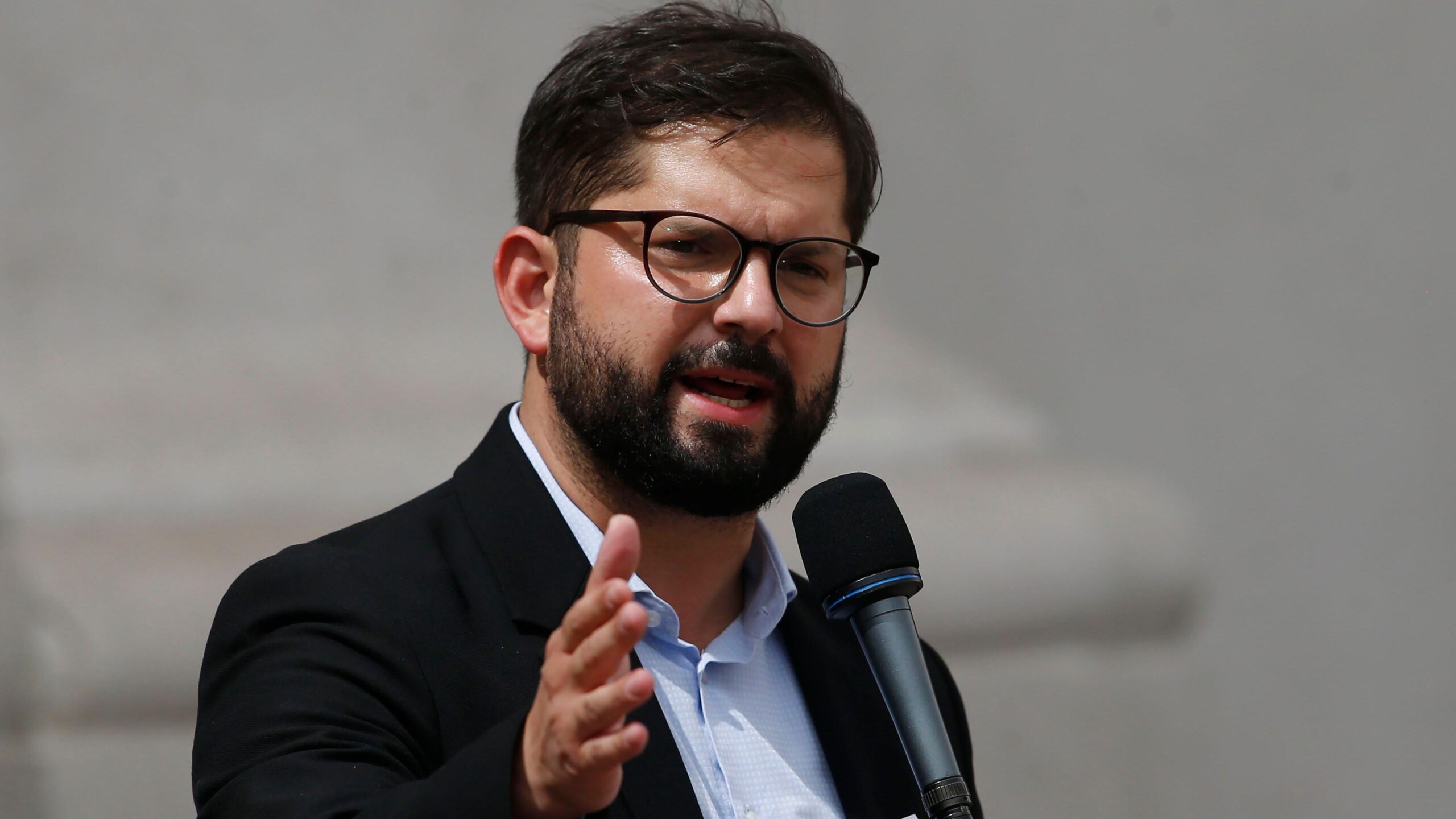Responses from Latin American countries to the political asylum in Spain of the opposition candidate for the presidency of Venezuela, Edmundo González Urrutia, were not long in coming.
Chile regretted the “forced exile” of Edmundo González and rejected “the persecution, harassment and political violence to which he was subjected, forcing him to leave his country in conditions that put his safety at risk.”
“Chile condemns any form of repression against opponents of the dictatorial regime in Venezuela, and reiterates its call for respect for human rights, fundamental freedoms and the physical integrity of all Venezuelans,” the Foreign Ministry said in a statement.
Paraguay also joined in criticizing the opposition leader’s “forced exile.”
“Paraguay reiterates its commitment to the people of Venezuela. It demands unrestricted respect for human rights and the fundamental freedoms of Venezuelans and calls for the immediate restoration of the rule of law,” the Ministry of Foreign Affairs of that country published.
The Costa Rican Ministry of Foreign Affairs condemned the “political persecution” in Venezuela.
“Costa Rica regrets that political persecution, as part of attempts to legitimize electoral fraud by Nicolás Maduro, has forced Edmundo González Urrutia to resort to exile,” the ministry said in a statement.

The Organization of American States (OAS) used the same concept of “forced exile” to describe what happened to González.
“One month and ten days before the presidential elections in Venezuela, the regime has not only failed to produce the slightest evidence of electoral results, but has forced the exile of candidate Edmundo González – who, taking into account what has happened since the date of the election, undoubtedly won – based on unfounded summons to the Prosecutor’s Office and threats of imprisonment,” the organization said in a statement.
“This action by the Venezuelan authoritarian regime is obviously condemnable and reprehensible,” he added.
The Venezuelan government has not commented on the comments made by the OAS or the region’s leaders.
The case of Brazil
Brazilian President Luiz Inácio Lula da Silva, who decided not to comment on the departure of Edmundo González from the country, called his diplomatic advisers on Sunday to discuss the situation in Venezuela at the Alvorada Palace, the president’s official residence.
Itamaraty, as Brazil’s foreign ministry is known, said it will continue to be responsible for Argentina’s diplomatic headquarters in Caracas until Buenos Aires designates a new country to represent its interests in Venezuela.
“The Brazilian government was surprised by the Venezuelan government’s announcement that it intends to revoke its consent for Brazil to protect Argentina’s interests in Venezuela,” the foreign ministry said in a statement.
The statements come after Venezuela informed Brazil of the unilateral revocation of Brazil’s diplomatic custody of the Argentine embassy in Caracas, where six opponents of Maduro are seeking asylum.

Brazil took over Argentina’s diplomatic headquarters in Caracas in August, when Nicolás Maduro’s government decided to expel the diplomatic teams of seven countries, including Argentina, following allegations of fraud in the presidential elections.
For its part, the Argentine Foreign Ministry thanked Brazil for representing its interests in Venezuela and denounced on Saturday the presence of patrols of Venezuelan intelligence services and security forces surrounding the official residence in Caracas.
Argentina rejected the measure and asked Venezuela to respect the Vienna Convention on Diplomatic Relations, which establishes the inviolability of diplomatic missions.
“Actions like these reinforce the belief that fundamental human rights are not respected in Maduro’s Venezuela,” the Foreign Ministry said.
Peru supported Argentina and Brazil and expressed its “serious concern” over Venezuela’s decision to “withdraw its consent for Brazil to represent and protect Argentina’s interests in Caracas.”

Click here to read more stories from BBC News Mundo.
You can also follow us on YouTube, Instagram, TikTok, X, Facebook and in our new WhatsApp channelwhere you’ll find breaking news and our best content.
And remember that you can receive notifications in our app. Download the latest version and activate them.
- Venezuelan opposition leader Edmundo González arrives in Spain after leaving his country and receiving political asylum from the Spanish government
- “His life was in danger”: María Corina Machado says opposition candidate Edmundo González will “fight from outside” Venezuela
- Edmundo González, the diplomat considered the winner of the elections in Venezuela by the opposition and the US, who received political asylum in Spain
